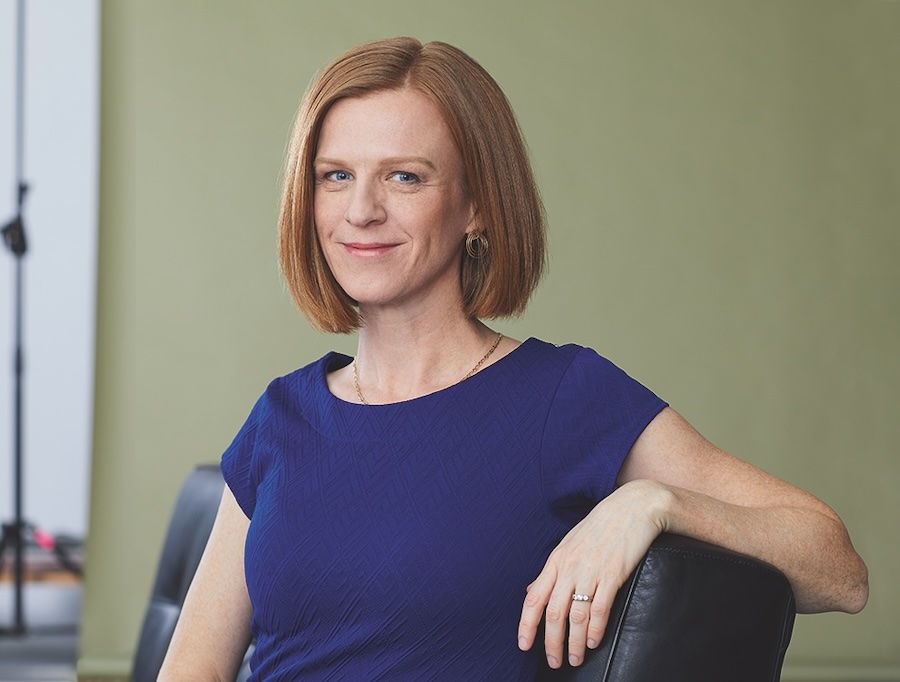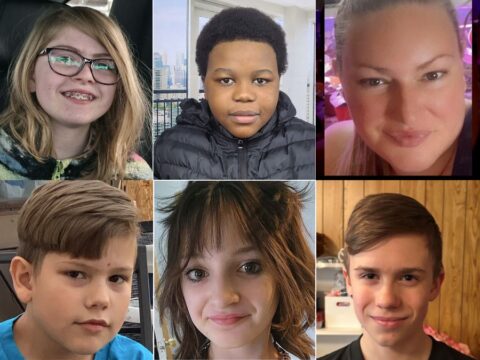Sept. 30 marks the fourth annual National Day for Truth and Reconciliation, and it’s been said many times that truth must come before reconciliation.
One truth that cuts to the core of my own white fragility is that settlers like me have yet to pick up our share of the effort toward reconciliation. Of the Truth and Reconciliation Commission’s 94 Calls to Action, 26 are stalled or not started, according to Indigenous Watchdog. We’re still leaving the burden of achieving true nation-to-nation equality to our Indigenous neighbours while we stand by, put up roadblocks or even increase the load. Maybe not every settler; maybe not all the time. But by and large, we’ve shrugged off the truth that reconciliation is settler work, not Indigenous work.
You may unsubscribe from any of our newsletters at any time.
In honour of this Sept. 30, I recommit to this work. But I also want to express gratitude to the Indigenous individuals, leaders and communities who have done the heavy lifting so far. It’s been excruciatingly difficult for you at times. And any progress we’ve made in this country is due to your tenacity and vision for a better future for all of us. Here then, is a very short list of thank yous: Gunalchéesh to Tlingit photographer Zoë Urness, whose images offer us a glimpse into her understanding of motherhood and its connection to the land. Her work celebrates that Indigenous people have survived the colonial onslaught and are still here. wisiłat łimaqsti to Geena Haiyupis, a Hesquiaht artist, who painted a beautiful and symbolic mural on an inside wall at Alberni Valley (B.C.) United. Haiyupis herself and three generations of her family suffered at residential schools, including the Alberni Indian Residential School, which was run by The United Church of Canada and became notorious for abuse. It’s humbling to consider such a gift from Haiyupis to the Alberni congregation.
More on Broadview:
Ekosani, maarsii and nakurmiik to the many residential school survivors who courageously told their stories to the Truth and Reconciliation Commission, and to commissioner Marie Wilson, who is non-Indigenous and writes about her TRC experience in a new book, North of Nowhere. By sharing your pain, you helped us understand why healing takes generations.
And finally, miigwech to Indigenous United Church leaders — the National Indigenous Council, the National Indigenous Elders Council, Indigenous Ministries and Justice — along with settler allies, who recently succeeded in helping the rest of the church understand and support the need for a self-determining Indigenous church within the denomination. As reported in our last issue, 94 percent of the pastoral charges that voted supported this change. Decades of courageous Indigenous church leaders deserve our gratitude.
Although the journey to both truth and reconciliation is long and strenuous, I like to imagine it has a few benches along the shoulders. Places where we can sit for a minute, look back at how far we’ve come, look ahead at what’s to come. Resting points where we can turn to our Indigenous bench mates and say thank you. Thank you for everything you’ve done to get us here. I will carry that heavy pack for the next stretch of the road.
***
Jocelyn Bell is the editor and publisher of Broadview.















I am perplexed. Very possibly ignorant to many things as well and I ask this question legitimately. What does reconciliation mean? For me, it means two or more people or groups living together in respect and mutual understanding and in the case of the relationships among various groups that inhabit North America I am all for it. I know there were people here before the Europeans came. I know that the Europeans viewed them as savages and, because of religion, sought to convert them and to make them the same as themselves. I am also aware that humanity has been on the move since humans moved out of Africa. There is nobody that has not had ancestors that didn’t migrate from somewhere else. But in order to live together in one country, respecting one another as created human beings with unique thoughts, and culture, how do we heal the wounds of the past? I have no idea what any of my ancestors experienced or the hardships they had. I cannot ask anyone in Europe or Asia for an apology for something that may have happened hundreds of years ago. Somewhere along the way we have all been oppressed, enslaved, downtrodden. For me, we can do nothing about the past. What we can do is look to the future. I am Canadian. My feeling is that if we choose to live in Canada then we should all be Canadian and not consider ourselves as separate nations. If we are benefiting from the country of Canada then we are Canadians. Maybe I’m being simplistic but I really think we have enough land to share and enough opportunity for everyone wants to succeed in life. I haven’t hurt anyone that I’m aware of and I can’t apologize for what my forebears may have done. It’s past. But I can respect a person as a human being like me and I can respect his or her cultural background and for me, that’s all I can do.
I “settled” in a baby ward in an Ontario hospital. My ancestors crossed the Atlantic following tragic wars and persecution. We all descend from people who migrated and we are Canadians.